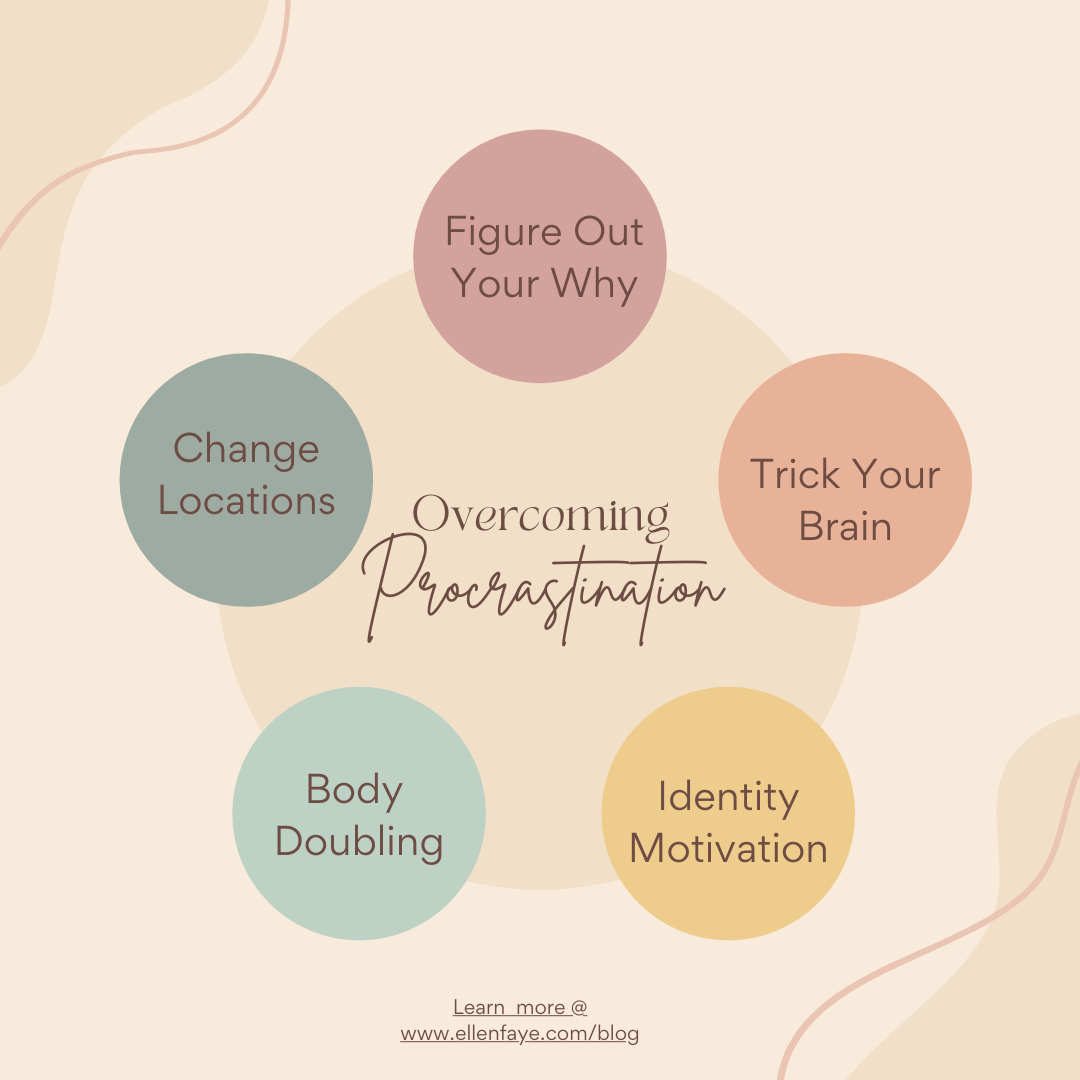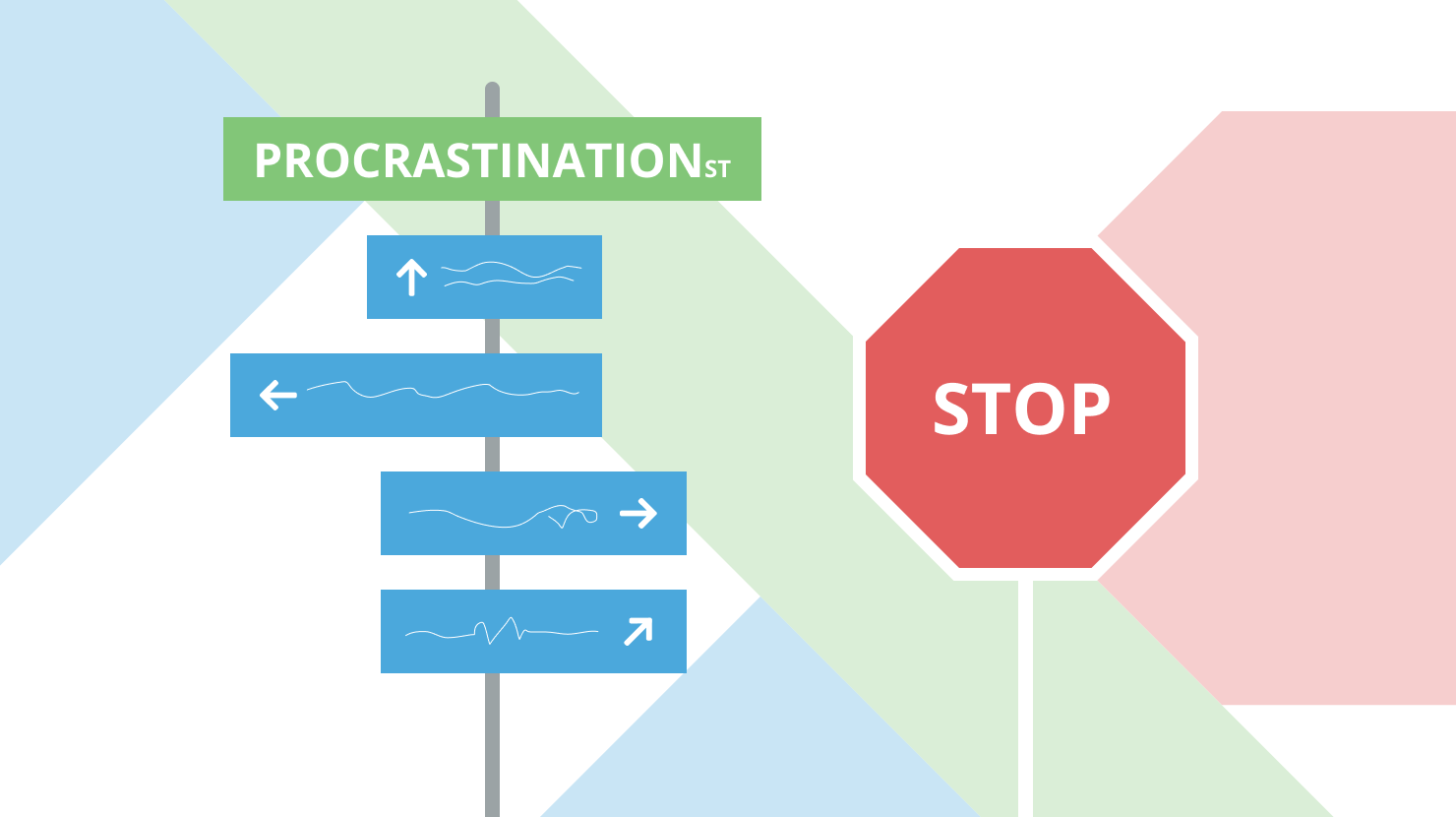Everything you ever wanted to know about how to stop procrastinating now.
At some point in our lives, we all succumb to procrastination. Perhaps you intended to start your day with some writing but ended yourself watching dog videos an hour later. Perhaps you have design changes to make but opted to deal with a “interesting” reddit conversation. The reality is, procrastination focuses more on our feelings than our dispositions for idleness or just being “poor at deadlines”. We postpone to keep us pleased in the now, which makes perfect sense, right? That is, until we have to pull an all-nighter to fulfill a deadline on an assignment we have had time to work on for weeks. Realizing why we procrastinate enables us to devise effective tactics for getting started on our critical task now, rather than waiting until tomorrow. Here’s what I’ve learned in my own path to stop procrastinating and the specific measures I’ve discovered along the method to address the underlying cause of my procrastination.

STEP #1 : To end the procrastination loop, start by forgiving yourself.

It may come as a surprise, but studies show that people who procrastinate are more inclined to do so again if they feel guilty about it. We are propelled into the procrastination cycle by a spiral of shame and guilt rather than just falling behind on our chores. We must first slow the cycle in order to escape. That entails apologizing to yourself for prior tardiness.
Consider your time spent delaying as the sunk cost fallacy as one method of accomplishing this. The sunk cost fallacy occurs when we overvalue past events, according to the science of decision-making.
For instance, you may say, “It’s true that I should have begun sooner, but the best thing to do now is forgive myself for procrastinating and focus on getting started as soon as possible, as well as discover a means to prevent making the same mistake again in the future.” You should also keep in mind that making mistakes doesn’t necessarily preclude you from making amends.
STEP#2 : Create a ridiculously simple starting point
By lowering the bar for just starting something, we can overcome our psychological aversion to unpleasant tasks. Starting a task is frequently the toughest obstacle. Doing what we aim to do—the activities that are significant to us—brings about a genuine mood boost. Knowing this, we can rationally conclude that even though beginning a work could be difficult, we’ll probably feel lot better once it’s over.

When compared to the disappointment and aggravation of dealing with the consequences of procrastination later, consider the mood lift that comes from having accomplished what you set out to do.
In fact, studies suggest that even seemingly insignificant achievement can serve as a powerful source of inspiration for us to carry on. Starting with the mentality is my go-to strategy for getting started on a task I’m dreading. The task first occupies my thoughts for some time, but eventually I become engrossed and can’t stop working on it.
STEP#3 : Seek assistance
To put this into action, ask a buddy or coworker to assist you in beginning a project that you’ve been putting off. Working alongside another person can help you avoid the boredom and loneliness that make working alone difficult. Additionally, even if they aren’t around the entire time you work on it, having someone else invested in the project might boost your incentive to accomplish it.

When you’re under stress, this can be especially beneficial. According to research, talking to someone who is experiencing similar emotions can help you reduce your stress.
Procrastination is stressful, and everyone detests it. But now that we understand that procrastination is a behavioral management problem rather than a lack of determination or a difficulty with multitasking, we can take action to address what is initially motivating us to put off our work. Procrastination might feel almost unavoidable when you are faced with a difficult assignment. Most people can’t just decide not to do something with their willpower. However, knowing why we tend to procrastinate and how to work with or around that behavior can assist us in avoiding the worst effects of putting off doing the work. Have you found any techniques that have assisted you in breaking a procrastinating habit? In the comments section below, please share your story with us!

We are all guilty of procrastination, Fazil. I found this post really interesting because I never approached procrastination the way you do. I always thought it was just a part of our lives, but in reality it is much deeper than that, and I plan to use your strategies next time.
Step 1 that you mentioned really is a surprising one I’ve never considered. For me, the hardest part is getting started on a task out of boredom or lack of motivation (I like to think I like the adrenaline of working under pressure). To end my procrastination I typically change my environment to a place where I can relax or a place that gives me a mood boost.
I really liked how you described procrastination as a method of keeping us pleased in the now. I feel as though this is a really unique way of looking at it and also perfectly describes why so many people, myself included, do procrastinate. I am a pretty big active procrastinator and have honestly started using it to work for me. The only way I can keep a clean room and go to the gym everyday (along with many other necessary tasks) is by procrastinating doing my homework or another more-dreaded task. So although procrastinating is not always ideal, I have tried to morph it into a tool rather than a set-back in life.
I’ll be honest, as a procrastinator myself I really need this post. I often find it difficult to not do assignments right before they’re due. (Due on Monday means do on Monday)
I’ve never heard of step 1, where we must forgive ourselves out of the procrastination guilt, and as someone who tends to procrastinate, I will definitely implement this advice into my routine so that I avoid future stressful situation (as much as possible that is!)
I think forgiving yourself for procrastinating is a really important step that not many people recognize. I find that when you guilt yourself for putting things off, that feeling becomes an active barrier to productivity. You spend your time wishing you were better rather than actually trying to make progress. Detaching yourself from those negative feelings can help redirect your focus to the work at hand, and helps break down the bad habit of procrastination.
Forgiveness is definitely something I will trying as an avid procrastinator. I will be trying this three step guide in the future when trying to avoid procrastination. I know whenever I am procrastinating working in an environment where other people are being productive always helps so I was relieved to see that was apart of the strategy.